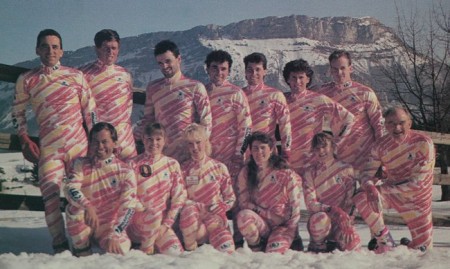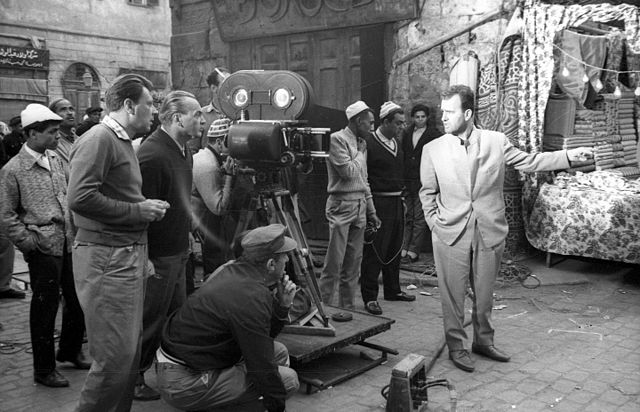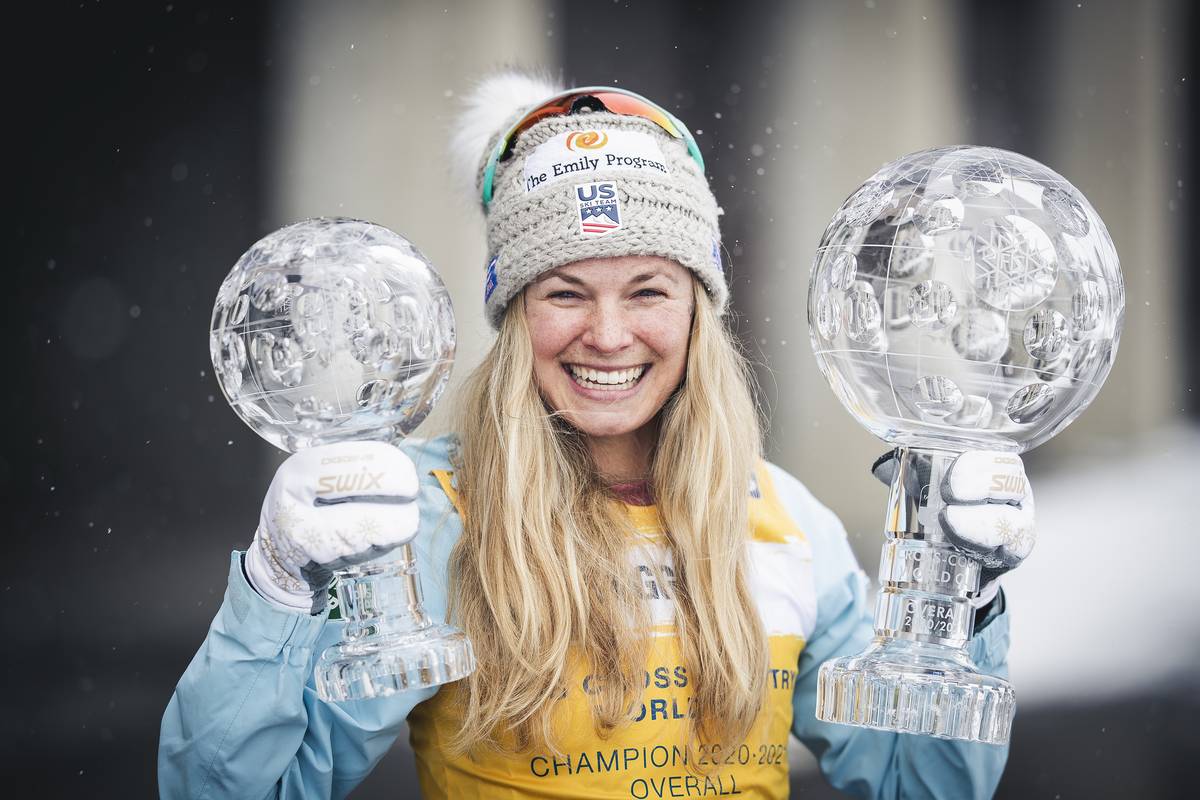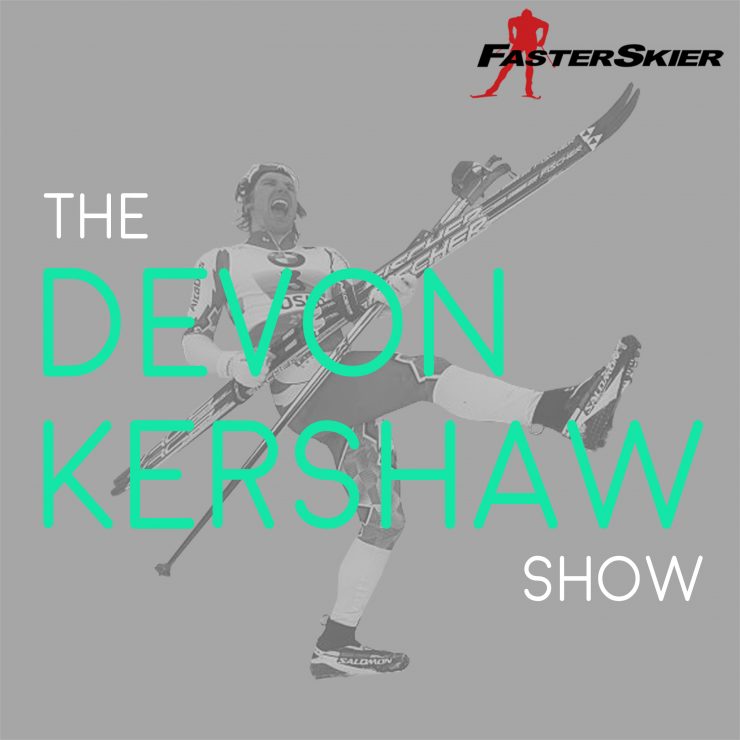
Marty Hall, 78, often needs no introduction. He’s established a canon of strongly worded comments and articles about the past and current state of cross-country ski racing. If there’s an opinion to be had, he’s got one.
Hall was interviewed for the FasterSkier podcast on Nov. 13. We spoke mainly about doping and sport in light of newly released WADA report. That report, The Independent Commission Report #1, was released Nov. 9. The interview was split into two segments; episode 1 and episode 2.
When asked about his first reaction to WADA’s findings about systematic doping in Russian athletics, he seemed torn.
“You know, I read this thing and I said, ‘Holy Cow,’ they got ‘em. They did it the right way,’ ” Hall said. “But you know what I’m worried about? They’ll let them off the hook. Everyone of those son-of-a-biscuits should be cooked. Out. Gone. That’s how I feel.”
Marty Hall on Doping: Episode 1
Hall’s thoughts are based on experience. What may seem reactionary or knee-jerk is grounded in where he’s been and what he’s done. Hall’s relationship with cross-country skiing goes back decades. Having learned to ski as a child in the backwoods of New Hampshire — he move there at the end of World War II from New York City — Hall fell in love with the sport. From pine boards and toe straps, to composites and fluoros, Hall has seen and been a part of it all. He skied for the University of New Hampshire and eventually climbed the coaching ranks, spending a decade with the U.S. Ski Team (1968-1978) in a variety of roles. He led both the women’s and men’s squads and served as head coach. In 1982, he headed north to Canada where he became the Canadian National Team head coach. He remained in that role until 1992.

He then helped revolutionize how cross country skiing is viewed in person and on television. When planning the 1995 Thunder Bay World Championships, rather than one long 25-kilometer loop, with skiers away in the woods for long periods, Hall suggested a smaller loop, around 5 k, which would regularly bring athletes through the main stadium. If you enjoy watching today’s easier-to-view international events, Hall had a hand in that.
But his contributions to sport come with something Hall is comfortable with. He speaks his mind. That can be tough to digest for many.
““I’m a tough guy and you’ll hear it straight from me. … When you cross over and do something stupid you’re gonna hear about it,” he said.
Marty Hall on Doping: Episode 2
Back in 1988, as head of the Canadian National Team, a scandal erupted at the Calgary Winter Olympics. At a post-race press conference, he tacitly accused the Russians of doping. Although he’d been suspicious of dopers since 1974, he remained relatively quiet. Until Calgary.
“How about the Sport Minister,” Hall said. “He told me to shut up! And he wrote me a letter and said, ‘Oh your venue up there is beautiful. I had a great day watching the race. But … Marty shut up. You’re in hot water.’ ”
The fallout from those accusations took awhile to settle. And Hall didn’t step down until 1992, four years later. But it certainly left a few questions unanswered. Like how much doping was going on back then? Who was involved?
As the WADA report and its implications play out, it doesn’t appear Hall holds a gripe. For him, it seems a matter of righting a wrong and serving his former athletes like Pierre Harvey, who Hall claims was robbed of a fair race at his home Olympics. Glad to see the report’s findings, Hall hopes the sport he loves benefits from the report in the end.
Jason Albert
Jason lives in Bend, Ore., and can often be seen chasing his two boys around town. He’s a self-proclaimed audio geek. That all started back in the early 1990s when he convinced a naive public radio editor he should report a story from Alaska’s, Ruth Gorge. Now, Jason’s common companion is his field-recording gear.



